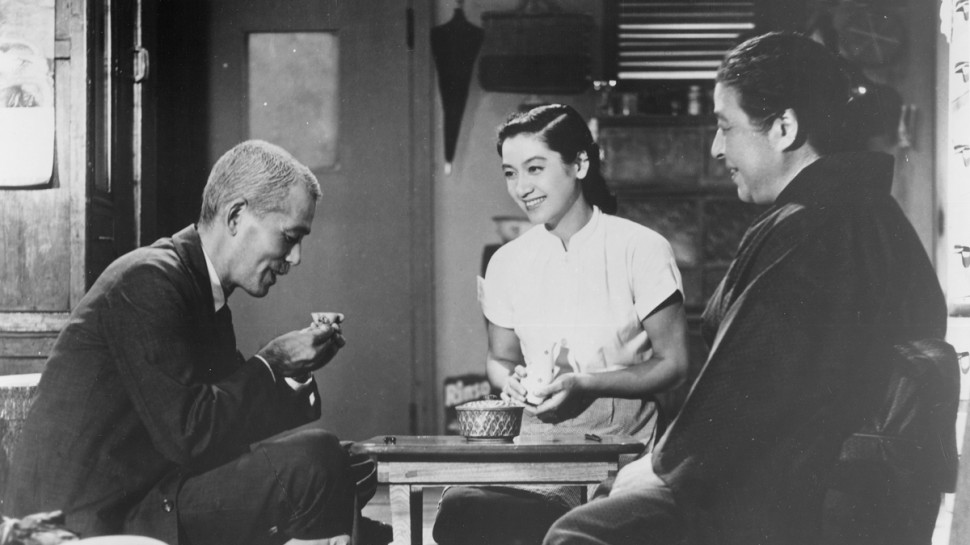


Ozu: Poet of the Everyday
One of the greatest artists of the twentieth century in any medium and in any country.
Ozu’s body of work is incommensurable with that of any other Japanese filmmaker except perhaps Kurosawa...As a contribution to Japanese culture, however, it is comparable only to that of the great poets, painters or sculptors of the past.
Recognized in the west today as one of the greatest of all Japanese filmmakers, Yasujiro Ozu (1903-1963) directed a total of fifty-four films. More than half of the thirty silent works he created remain lost. Our series, which runs throughout the month of October, will showcase eleven of Ozu’s films, including three of his finest silent works presented with live piano accompaniment. In addition we will screen director Kazuo Inoue’s documentary profile of Ozu, I Lived But..., and are especially pleased to be able to host a lecture/presentation on Ozu by renowned film historian David Bordwell.
What audiences new to Ozu’s universe will encounter is the work of a director exquisitely sensitized to the emotional latticework of human relations, most particularly those within the family. Perhaps no other filmmaker is so attuned to "the ties that bind," so able to evoke the poignancy of everyday heartaches and challenges, so skilled at capturing epiphanies amidst the commonplace, always with the unforced attentiveness of a great listener. Generally regarded as a director whose specialty was the "home drama," Ozu also directed films of social criticism, satires, melodramas, and even a gangster film. Regardless of the genre, however, human beings are privileged over narrative intricacies. As the director himself noted, "Naturally, a film must have some kind of structure or else it is not a film, but I feel that a picture isn’t good if it has too much drama or too much action." Often lauded for their restraint and "simplicity," Ozu’s films are, in fact, like all great works of art, endlessly revealing in their insights and possessed of numerous subtle complexities both stylistic and thematic. Whether they focus on the interaction of the old and the young or male and female, or the contrasts between the workplace and the homelife, or tradition and change, Ozu’s observant eye has the rare power to draw the sympathetic viewer into unique emotional terrain. In the best of his work—and there are many titles that would fall into the category—he attains poetry. – John Gianvito




















